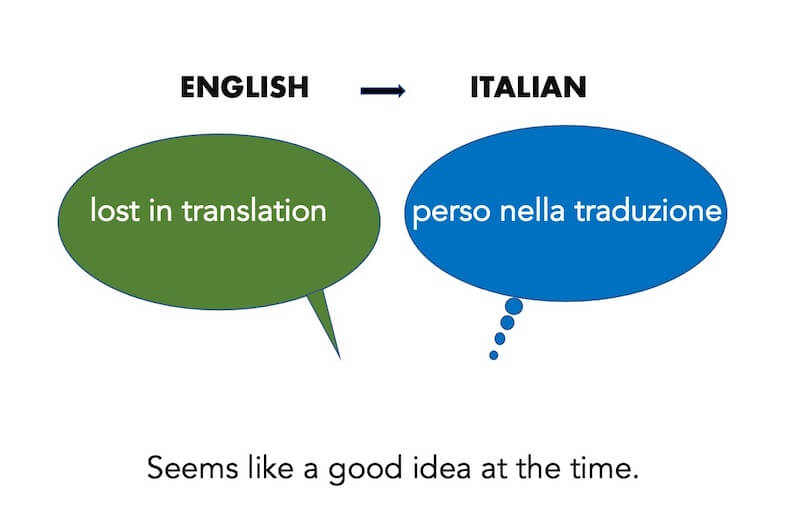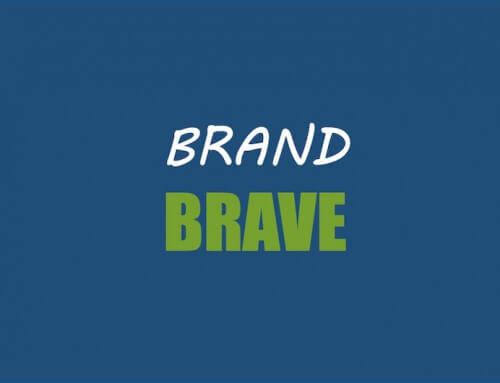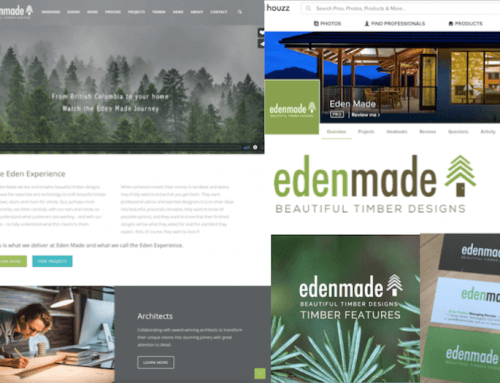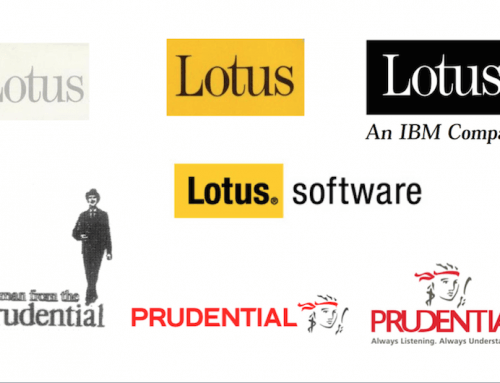Creating a Brand Name 101
There are many things a brand strategist has to consider when coming up with a brand name.
As much as possibly, a brand name has to reflect the brand’s essence, which is uncovered through a brand workshop and pyramid process.
Why? Because successful brand names create instant association with who you are, what you do and why you do it.
Think Volvo. Think Safety.
Think Kathmandu or Patagonia you think adventure. For me, with Patagonia I think sustainable adventure.
Your desired brand name has to be available from a URL and IP standpoint (i.e. no other name in the same competitive trading class).
Then it has to be easy to say and easy to remember — and not sound like something else when spoken out loud. (Hint: be careful putting the word ‘Current’ at the front of your name.)
Foreign or Made up Brand Names
From time to we come across companies that opt for a foreign word, possibly because of family heritage or as a workaround because the English word they want is already taken.
This you also have to be careful about — it can work if it’s a highly visible part of your story — otherwise it completely misses the mark. Companies also need to be aware that we are in an English-speaking market and we believe it’s in everyone’s interests to spell and pronounce English words properly. Why confuse people trying to master the English language? That includes school children.
Using made up names can be tricky — but again can work well if they are easy to pronounce and there is a story around them. Compaq Computers, for example, was made up of the words Compatibilty and Quality. It also sounded a little like compact, which was a positive connotation as they were into making smaller, more portable computers.
Here EW a few brand names we’ve come across in recent years that have, in our opinion, got lost in translation.
Duce (Windows & Doors)
This is not pronounced ‘deuce’ but ‘doo-chey’. It’s Italian for Leader or Dictator. Mussolini was known as Il Duce. (So for the name to work it relies on people knowing Italian, or Italian history… though it’s a bit of a worry having a fascist connotation.)
This company is a competitor to a client – and one of the leaders in its field with high quality products – so from that point of view the correlation (and aspiration) works. However, when last we checked, nowhere on their site was there any reference to Italian heritage in the business. This would have given this brand name some congruence. Then there is the issue of people not pronouncing the name correctly. Having two ways of pronouncing the name out in the market could lead to confusion as to the possibility of two different companies.
Integrale
A building company on the Sunshine Coast has also borrowed from Italian for their company name: Integrale Homes. We first saw their bus back advertising and thought: “ intergrale, like intergrail, what does that mean?” Then we heard their advertising on the radio — and that’s when we went, “What?” You see they pronounce this word as “integral” — without the e at the end.
After getting in touch with the company, we were told:
“The name Integrale is Italian meaning “Complete” which complements our marketing message about The Total Package.”
Well there’s some possibilities with that, but …
- There’s no reference to Italian connection on the website
- There was no Italian accent on the word in the ad. (We’re told this would be inter-grah-lee)
- And – from Italian friends – the correct way to present this would be: Noun first, followed by the adjective, e.g. Casa integrale, (home whole / whole home) or like Pane integrale (which is Italian for wholemeal bread, pronounced pah-nee inter-grah-lee)
Meantime we have hundreds of kids growing up on the Sunshine Coast thinking the way you spell integral is integrale. And we have an organisation that comes across as unprofessional thinking they have nailed their branding when it misses the mark.
Be wary of foreign words
Relying on dictionary translations for foreign words can be fraught. Recently one Canadian company discovered that to their embarrassment. Brewing beer that was made from NZ hops they wanted to convey the Kiwi connection and that it was a light beer. They decided to look up the word for feather in a Maori dictionary to convey the sentiment, as light as a feather. The word they chose actually meant pubic hair.
The lessons here are simple. If you want to use a ‘foreign’ word speak to a native speaker as to how you would use that word and what its various connotations are.









